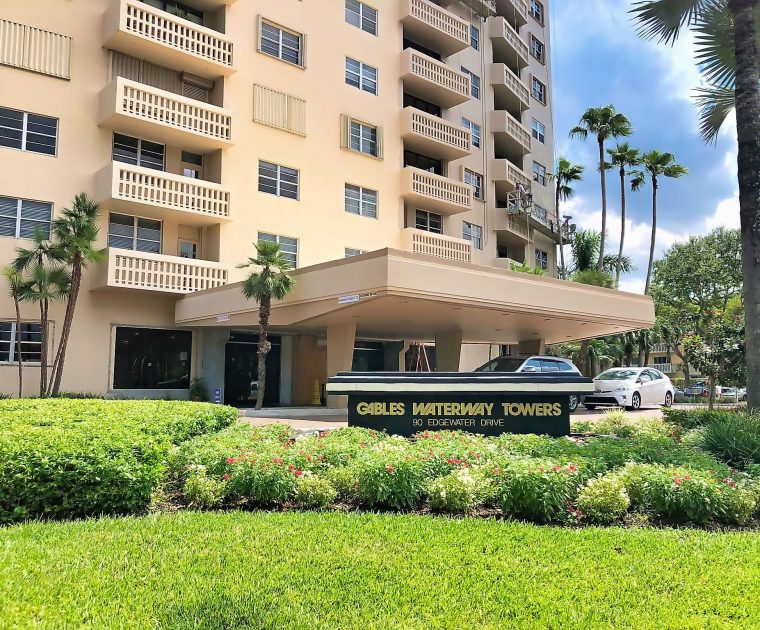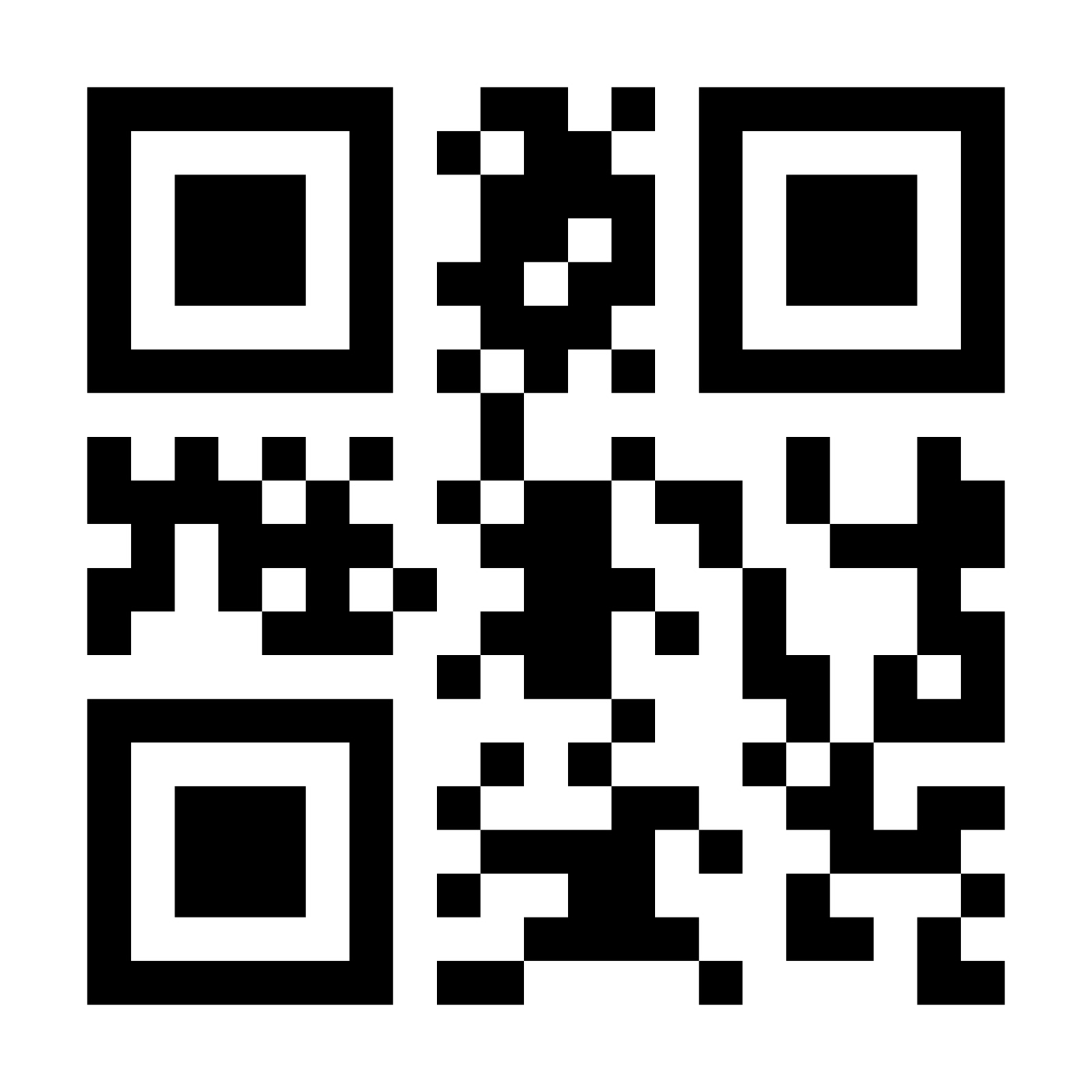When emergencies strike—be it a natural disaster, equipment failure, or unforeseen accidents—businesses often rely on vendors to provide essential services swiftly. However, amidst the urgency, it’s crucial to ensure that these vendors are adequately insured. Possessing up-to-date Certificates of Insurance (COIs) from your vendors is not just a formality but a vital risk management practice. Here’s why:
1. Protects Against Liability
In the event that a vendor’s actions during an emergency cause property damage or bodily injury, your business could be held liable if the vendor lacks sufficient insurance coverage. A COI verifies that the vendor carries the necessary insurance policies, such as:
- General Liability Insurance: Covers third-party bodily injury and property damage.
- Workers’ Compensation: Provides for injuries sustained by the vendor’s employees while on the job.
- Professional Liability Insurance: Protects against claims of negligence or errors in professional services.
Without these coverages, your business might bear the financial burden of legal fees, medical expenses, or repair costs.
2. Ensures Compliance with Florida Law
In Florida, specific insurance requirements are mandated for businesses and contractors. For instance:
- Workers’ Compensation: Florida law requires employers in the construction industry with one or more employees to carry workers’ compensation insurance. For non-construction industries, the requirement applies to employers with four or more employees. (myfloridacfo.com)
- Commercial General Liability: While not always mandated by law, many Florida businesses require vendors to maintain a minimum level of general liability insurance to protect against potential claims.
By obtaining and verifying COIs, you ensure that your vendors comply with state regulations, thereby mitigating legal risks.
3. Reduces Financial Exposure
Engaging an uninsured or underinsured vendor can lead to significant financial losses. If a vendor causes damage during an emergency response and lacks adequate insurance, your business might have to cover the costs. COIs provide assurance that the vendor has the financial backing to address potential claims, safeguarding your company’s financial health.
4. Validates the Authenticity of Coverage
It’s not enough to simply collect COIs; verifying their authenticity is crucial. Here’s how:
- Contact the Insurance Provider: The COI will list the insurance company’s name and contact information. Reach out directly to confirm that the policy is active and covers the services the vendor is providing. (firstverify.com)
- Check for Red Flags: Be wary of COIs with inconsistent fonts, missing information, or handwritten alterations, as these can indicate fraudulent documents. (mycoitracking.com)
- Use State Resources: The Florida Department of Financial Services offers tools to verify the status of insurance companies and agents. Utilize the Active Company Search to ensure the insurer is authorized to operate in Florida. (companysearch.myfloridacfo.gov)
By taking these steps, you confirm that the coverage is valid and that the insurer is reputable.
5. Demonstrates Due Diligence
In the eyes of clients, stakeholders, and regulatory bodies, maintaining and verifying COIs from your vendors showcases a commitment to due diligence and risk management. It reflects your proactive approach to safeguarding your business and those you serve, especially during emergencies.
Conclusion
Incorporating the practice of obtaining and verifying Certificates of Insurance from your vendors is a critical component of emergency preparedness. It not only protects your business from potential liabilities and financial losses but also ensures compliance with Florida laws. By diligently managing COIs, you can confidently engage vendors during emergencies, knowing that both parties are adequately protected.
Remember: Always contact the producer of the COI to verify its validity and ensure it aligns with Florida’s legal requirements. This extra step can make a significant difference in mitigating risks associated with vendor engagements during critical times.




